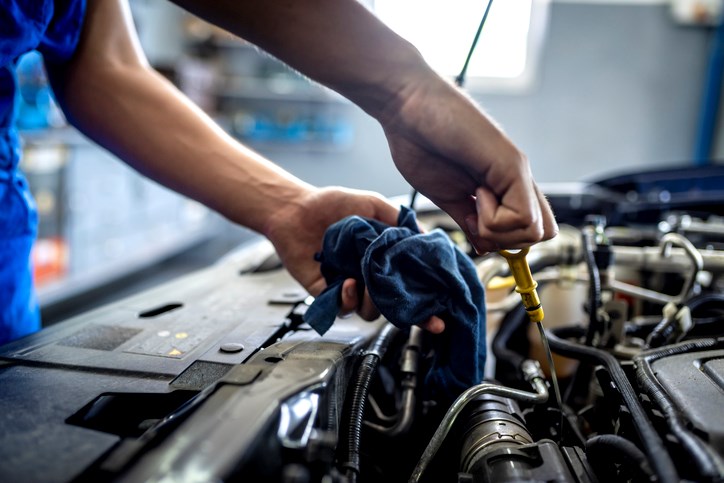The time has come. As winter’s desolate chill approaches, it’s time for the car that lives in your driveway to get bundled up for winter. You know, winter tires and such?
There are plenty of places in town that offer winter tires. My car, however, needed a bit more than tires so I brought it to a mechanic for a diagnostic. That resulted in a $2,200 bill for a bunch of stuff I didn’t need.
Let me start from the beginning. My car, a 2012 Ford Focus, was having fuel economy issues. I thought, “Nothing that four new spark plugs can’t fix,” and took it to the shop. I expected them to quote high, but not $2,200 high. I think this is very relatable. As automobile owners, we are subject to this kind of manipulation from big brand mechanics and even some smaller shops too. But it’s also true that as vehicle owners it’s our legal responsibility to care for our cars, and for some of us a moral responsibility.
The easiest way to avoid having your wallet drained of its hard-earned riches is to learn more about the inner workings of your beast. But not everyone has the time to change the parts themselves, granted everyone can learn. If your mechanic tells you to change your catalytic converter due to a fuel issue, it’s pretty helpful to know that component has nothing to do with fuel systems. Though, I suspect if you’re reading this you may enjoy working on your car, and thus not mind doing the work yourself.
I ended up changing the spark plugs myself for $50 and it only took me 30 minutes. The mechanic wanted $130 for parts and work. Of course, this situation happens in all places, not just Thompson. Often, you’ll bring your vehicle in for something, and they will charge you for a few things. Say an oil change, then you need a new oil plug or a new dip stick.
But when electric vehicles become the norm, mechanics are going to have a very big problem … er … “earning money.” EVs have far fewer moving parts as there’s no internal combustion. That means no cylinders, no fuel systems, no catalytic converters, no timing belts, no spark plugs and so on. It may also be a challenge for mechanics to find trained personnel to work on these vehicles although I’m sure it’s an “all in due time” situation. So let the local mechanics rip you off for now, for there is a future in which they will suffer for a short time. I’m not saying they don’t do their job. What I am saying is that sometimes, at select shops they will put on a few charges that don’t have anything to do with the problem you brought it in for.
In short, it’s important to know what your car needs and doesn’t need. With a few hours of research, you’ll know in no time. Maybe take into consideration whether it’s even worth repairing at all. If the vehicle cost you $5,000, you wouldn’t want to do a $6,000 repair now would you? Exactly! So, I say to that mechanic, “Bugger off, mate. Go steal someone else’s wallet.”
A recent transplant to Thompson, Jay Hurley is a freelance columnist with a focus on cars, lifestyle and culinary arts. He is from Ontario and studied broadcast and contemporary media.




